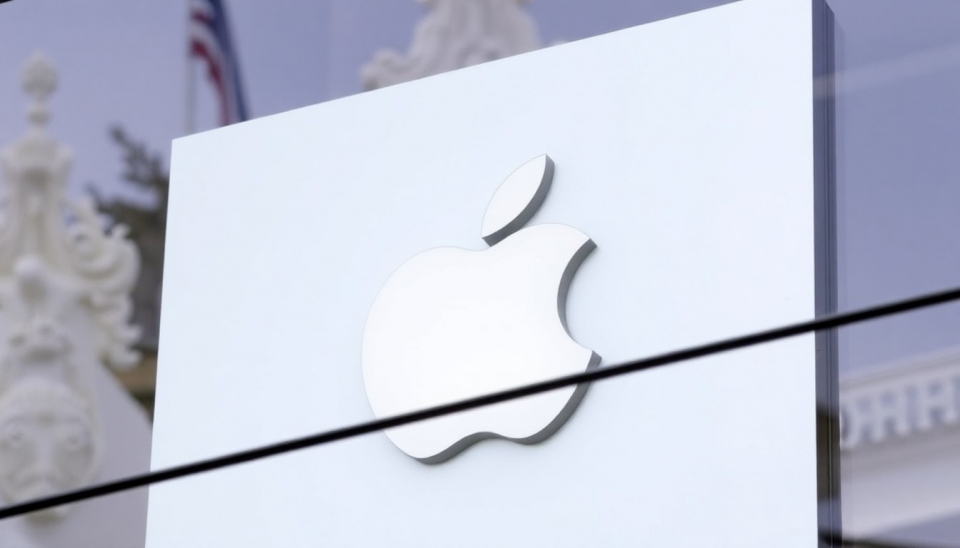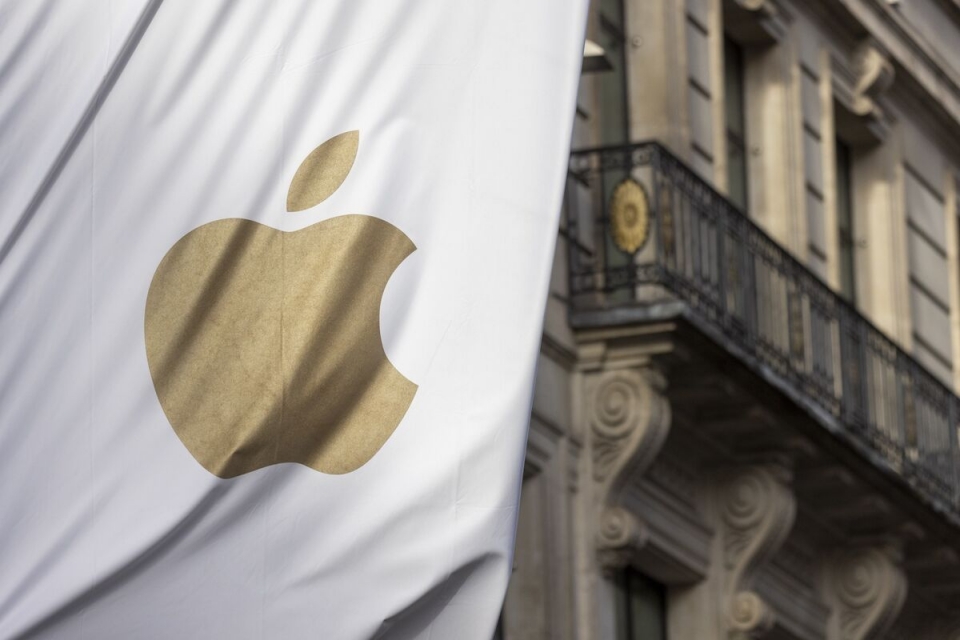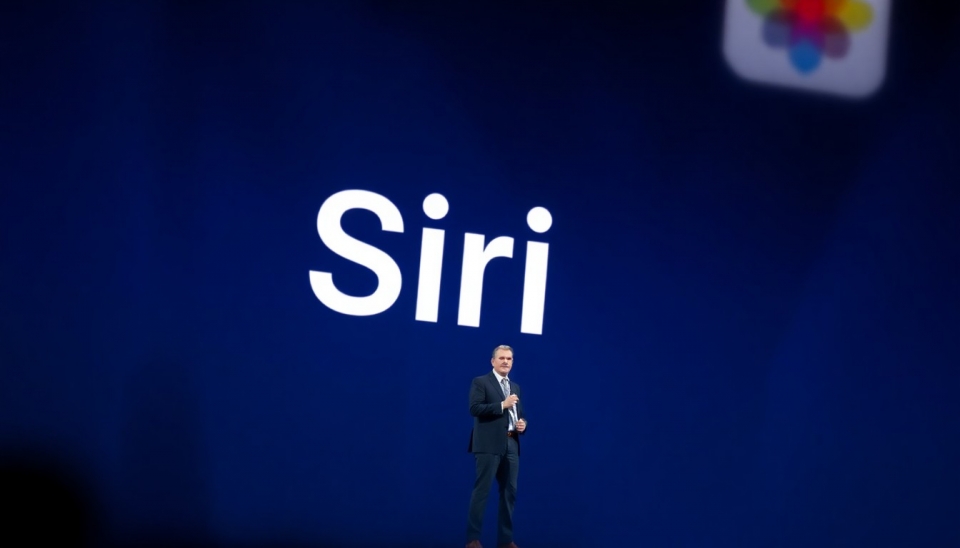
In a significant ruling that has far-reaching implications for the technology industry, Apple Inc. lost its appeal in a top German court against antitrust regulations aimed at curbing its market power. This legal battle, which has garnered considerable attention, underscores escalating tensions between large tech firms and regulatory bodies across Europe.
The decision by the German Federal Court marks a decisive victory for the country's regulatory framework which seeks to promote competitive practices among major corporations. The ruling reinforces a growing movement throughout Europe to hold tech giants accountable for their market dominance and practices that may stifle competition.
This case, which initially began several years ago, was pivotal as it explored the balance between innovation and fair competition. Apple's argument rested on the assertion that its practices are essential for protecting consumers and maintaining a secure ecosystem for its devices. However, the court found that such claims did not outweigh the necessity of fostering competition within the market.
Germany has become a central battleground for antitrust litigation, mirroring trends observed across the European Union where regulators have increasingly targeted big tech companies like Apple, Google, and Amazon for practices deemed anti-competitive. Following the ruling, a spokesperson for the German Federal Court stated, “This decision reaffirms our commitment to ensuring marketplace fairness and consumer protection.”
Apple’s loss is seen as part of a larger trend, as similar cases are being pursued in other jurisdictions. The outcome is likely to embolden European regulators as they continue to scrutinize tech firms and their operations. Analysts predict that Apple's ongoing legal battles could affect not only its operations in Germany but also have ripple effects on its business strategy across the continent.
In response to the ruling, Apple expressed disappointment but reiterated its commitment to compliance with local laws while continuing to work on providing what it believes to be optimal user experiences. The tech giant emphasized that they would evaluate their options moving forward in light of this legal defeat.
This ruling comes at a time when the company is navigating other significant challenges, including supply chain disruptions and increasing pressure from investors to adjust its business model in ways that prioritize sustainable growth. As the global tech landscape continues to evolve, Apple's ability to adapt in a more regulatory-driven environment remains to be seen.
As analysts and experts weigh the implications of this judgment, many are calling for a reevaluation of business practices among large tech companies, suggesting that a greater emphasis on transparency and fair competition could be necessary in the coming years. This case has set a precedent, inviting other countries to reconsider their stances on antitrust laws and the obligations of tech firms.
In conclusion, Apple’s recent legal loss in Germany is a pivotal moment reflecting the complexities of evolving antitrust regulations globally. As the market watches closely, the ruling could signal a shift towards stricter oversight and accountability for major corporations, particularly in the technology sector.
#Apple #Antitrust #Germany #SupremeCourt #TechRegulation #MarketFairness #ConsumerProtection #EuropeanUnion
Author: Liam Carter




